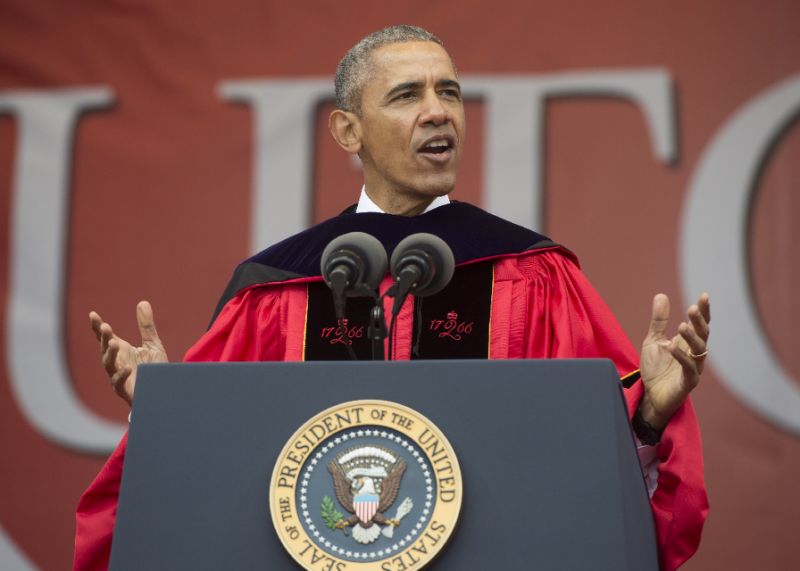It’s a cheering and uplifting tribute from the US to the power of India in the world. In an Independence Day message to India on the eve of its 69th Independence Day, US Secretary of State John Kerry has underlined the ethos of India and what it represents in an evolving world order. “Since 1947, India has stood as a beacon for the world, as an economic power that prides innovation, as a resilient democracy in the face of terror and as a strategic power that upholds international norms.”
“As the world’s largest democracies, the US and India stand side by side in defending and promoting the freedoms and values we hold,” said Mr Kerry, in a message on behalf of US President Barack Obama.
“As was highlighted during President Obama’s visit for India’s Republic Day in January, the US takes pride in our indispensable partnership with India, a friendship built on our shared democratic values, the entrepreneurial spirit of our people, and our shared interests,” said the US diplomat, a robust backer of stronger India-US relations and an ardent supporter of the India-US nuclear rapprochement.
Alluding to the enduring legacy of India’s iconic figures associated with the freedom movement, Mr Kerry said that these leaders contributed to establishing a united, inclusive republic and inspired leaders from across the globe.
Read More







